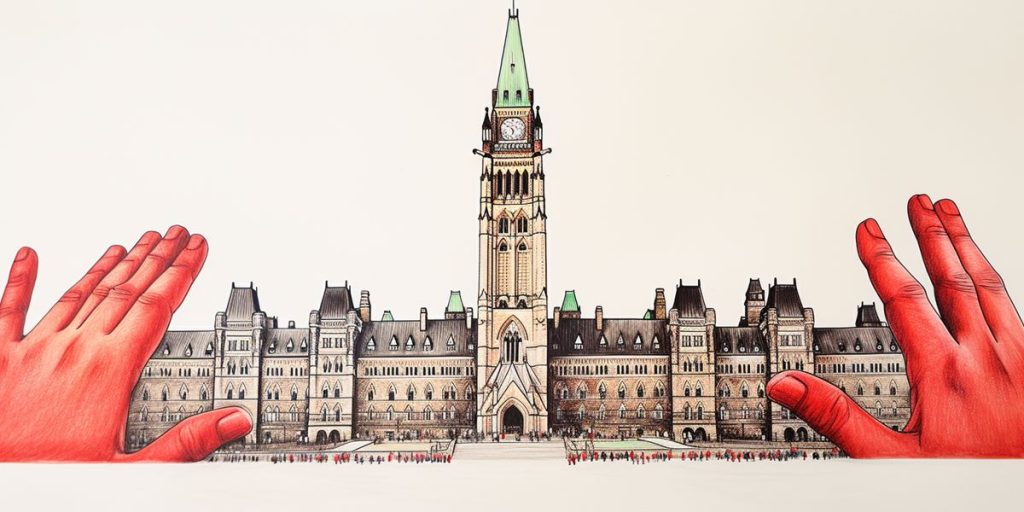On International Anti-Corruption Day, the Cyprus parliament addressed the significant threat of corruption to democracy, emphasizing the need for transparency, accountability, and integrity in public institutions. They called for the protection of whistleblowers, the promotion of open data and freedom of information laws, and international collaborations to combat corruption and uphold the values of democracy.
How can corruption be effectively prevented and combated according to Cyprus parliament initiatives?
To effectively prevent and combat corruption, Cyprus emphasizes a holistic strategy including:
- Fortifying transparency in public institutions.
- Instituting robust accountability mechanisms.
- Protecting whistleblowers.
- Promoting open data and freedom of information laws.
- Strengthening parliamentary scrutiny.
- Fostering international collaborations and adherence to a Code of Conduct.
Cyprus Addresses the Menace of Corruption
On a significant day earmarked for raising awareness about corruption, the Cyprus parliament took a firm stand. International Anti-Corruption Day in 2023 was not just another date on the calendar; it was an opportunity for lawmakers to express grave concerns about the insidious nature of corruption and its detrimental effects on society.
The Organization for Security and Co-operation in Europe (OSCE) plays a pivotal role in this fight against corruption, with its parliamentary assembly’s special representative spearheading initiatives. Irene Charalambides, who serves as the vice-president and also represents Akel in parliament, released an impactful statement. She emphasized that corruption is more than just a societal ill; it directly threatens the tenets of democracy, economic growth, and overall security.
The Undermining of Trust and Growth
Corruption is a complex beast. It wriggles its way into the foundations of trust that bond citizens to their democratic institutions. When people begin to perceive that their leaders and institutions are corrupt, it creates a chasm that is difficult to bridge. Charalambides drew attention to the erosion of trust, prosperity, and equality resulting from corrupt practices.
This scourge is often perpetuated by a lack of transparency, accountability, and integrity within public institutions. Charalambides noted that these shortcomings pave the way for corruption to thrive. To effectively prevent and combat corruption, a holistic strategy is needed—one that fortifies transparency and institutes robust accountability mechanisms.
Strengthening Accountability and Protecting Whistleblowers
The approach to confronting corruption must be multifaceted. This involves enhancing the checks and balances within systems, protecting those who courageously blow the whistle on corrupt activities, and promoting laws that facilitate freedom of information. Open data initiatives stand as a beacon of progress in this regard, as they encourage an environment where information is accessible and scrutiny is possible.
Charalambides highlighted the critical role of international collaborations with organizations actively engaged in anti-corruption efforts. These synergies are not just beneficial; they are essential in creating a united front against corruption.
Empowering Scrutiny and International Cooperation
The onus falls heavily on parliamentarians to utilize their powers of scrutiny to hold other institutions accountable. But it doesn’t stop there; politicians must also ensure that they, along with their political parties, are examples of transparency and accountability. By doing so, they reinforce the public’s confidence in their governing bodies.
Charalambides called for a binding Code of Conduct for members of the OSCE parliamentary assembly and urged that the fight against corruption remain a top priority for all. Her rallying cry on International Anti-Corruption Day was clear: reaffirm the commitment to prevent and combat corruption at all levels to safeguard the values of democracy and the well-being of citizens.
By taking these steps, we can strive toward a future where corruption is not a shadow cast over institutions, but rather a challenge that is met with unwavering resolve and collaborative effort.
What strategies does Cyprus parliament emphasize to prevent and combat corruption?
To effectively prevent and combat corruption, Cyprus parliament emphasizes the following strategies:
- Fortifying transparency in public institutions.
- Instituting robust accountability mechanisms.
- Protecting whistleblowers.
- Promoting open data and freedom of information laws.
- Strengthening parliamentary scrutiny.
- Fostering international collaborations and adherence to a Code of Conduct.
How does corruption undermine trust and growth?
Corruption undermines trust and growth by eroding the foundations of trust that bond citizens to their democratic institutions. When people perceive their leaders and institutions as corrupt, it creates a gap that is difficult to bridge, leading to a loss of trust, prosperity, and equality. Lack of transparency, accountability, and integrity within public institutions paves the way for corruption to thrive.
What measures are taken to strengthen accountability and protect whistleblowers?
To strengthen accountability and protect whistleblowers, it is crucial to enhance checks and balances within systems. It also involves promoting laws that facilitate freedom of information and creating an environment where information is accessible and scrutiny is possible. Open data initiatives play a significant role in this regard. Additionally, international collaborations with organizations actively engaged in anti-corruption efforts are essential in creating a united front against corruption.
What are the responsibilities of parliamentarians in combating corruption?
Parliamentarians have the responsibility to utilize their powers of scrutiny to hold other institutions accountable. They must also ensure that they, along with their political parties, lead by example in terms of transparency and accountability. By doing so, they reinforce the public’s confidence in their governing bodies. It is important for parliamentarians to prioritize the fight against corruption and adhere to a binding Code of Conduct to prevent and combat corruption at all levels, safeguarding the values of democracy and the well-being of citizens.

